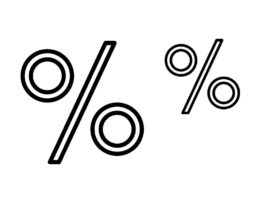For many buyers in San Francisco the most stressful part of buying property is paying for it. And who would blame them? Property prices have averaged annual gains of 7 percent or more historically with the average appreciation rates for the past few years pushing anywhere from 15 percent to more than 40 percent gains from one year to another depending on the neighborhood. The trend only accelerated during the Pandemic for houses and roomier condominiums.
And given that those who could afford to buy a home were saving money up during the course of the Pandemic and because mortgages have been so very low lately, it’s no wonder why the housing market has regained confidence as more cash and more buying power go hand-in-hand.






















